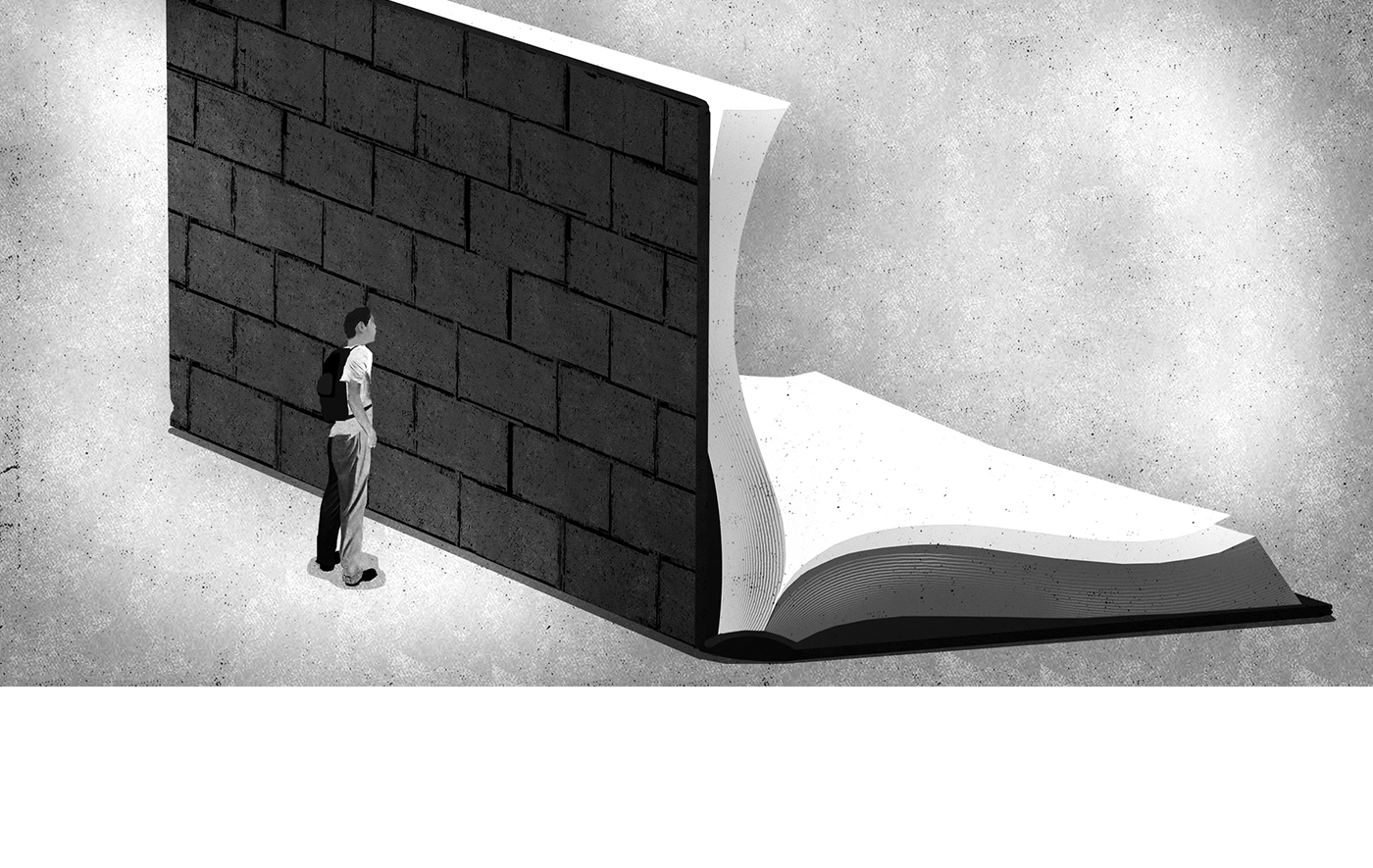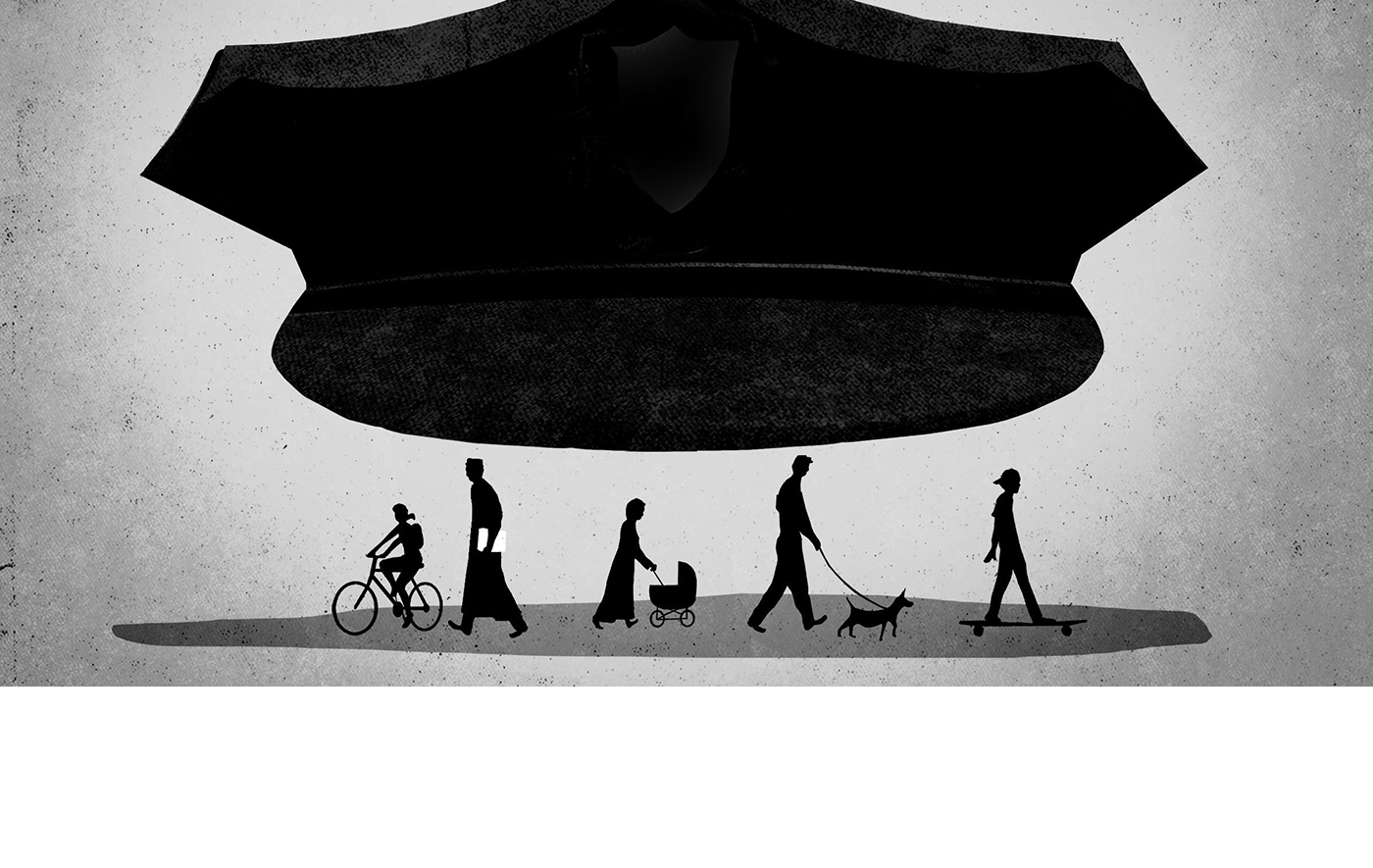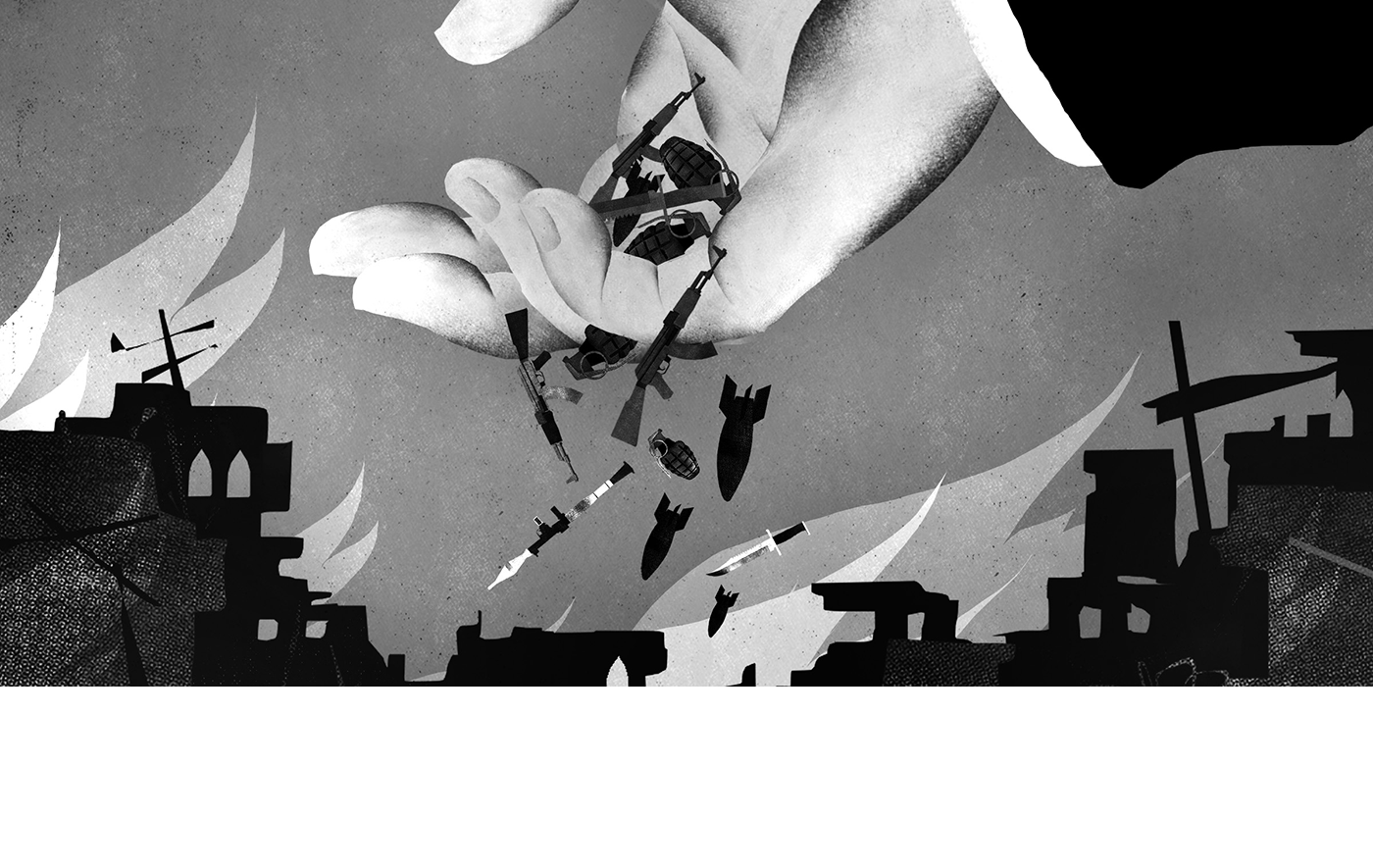Hungary saw a significant decrease in asylum applications in 2016. By early September, Hungary had registered 26,192 asylum seekers, compared to over 150,000 during the same period in 2015, according to UNHCR. The majority of asylum seekers in 2016 came from Afghanistan and Syria.
February 2016 border closures on the Western Balkan route, combined with increased restrictive measures along Hungary’s border with Serbia, criminal prosecutions of irregular border crossers and pushbacks, often accompanied by violence, at Hungary’s border with Serbia contributed to the decrease.
An April law restricted the rights of asylum seekers and cut integration support for recognized refugees. The same month, the government announced the closure of the largest open reception facility by the end of the year.
An accelerated fast-track border procedure effectively bars asylum seekers from meaningful access to the asylum procedure. A July law legalized push-backs to the Serbian border, enabling police officers to escort to the border anyone caught irregularly eight kilometers inside Hungary. The law, together with low daily caps on entry, leaves asylum seekers—including children, families and people with disabilities—stranded at the border for weeks in poor conditions.
During 2016, the government continued its anti-immigrant rhetoric. In February, the government announced a national referendum on the EU relocation plan requiring Hungary to accept 1,294 asylum seekers and in July launched a government sponsored and tax payer funded anti-immigrant campaign. A low turnout for the October referendum meant that the result was invalid, although most who did vote supported the government’s position.
Journalists continued to work in a hostile environment. In September, the editor-in-chief of Budapest Business Journal, Tom Popper, resigned after being told by its publishers to stop mentioning refugee issues in the editorial column. The largest opposition daily newspaper, Nepszabadsag, and its website closed down without warning in October with its owner citing financial losses and plummeting circulation.
Roma continued to face discrimination in housing, education, and public health care. In September, the Council of Europe Advisory Committee on the Framework Convention for the Protection of National Minorities urged Hungary to end discriminatory segregation of Roma schoolchildren.
In August, a lower court sentenced a right-wing extremist to 10 years’ imprisonment for violent attacks between 2007 and 2009, including throwing Molotov cocktails at the homes of socialist MPs and an attack on a gay bar in Budapest.
In January, the ECtHR ruled that secret surveillance by the Hungarian Anti-Terrorism Task Force had violated privacy rights. The grounds for the decision included Hungary’s failure to provide judicial oversight over Task Force actions and other sufficiently precise and effective safeguards.
In July, the ECtHR ruled that Hungary had arbitrarily detained an Iranian gay man and failed to take into account his vulnerability in detention arising from his sexual orientation.
By late October, 26 homeless people had been charged with misdemeanours under local decrees banning the homeless from residing habitually in public spaces, compared to 71 in the first 10 months of 2015.





